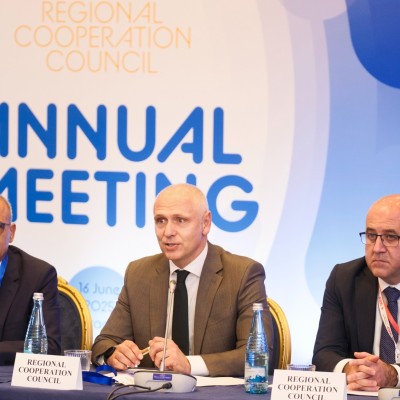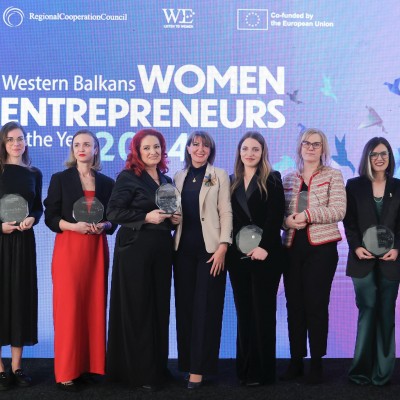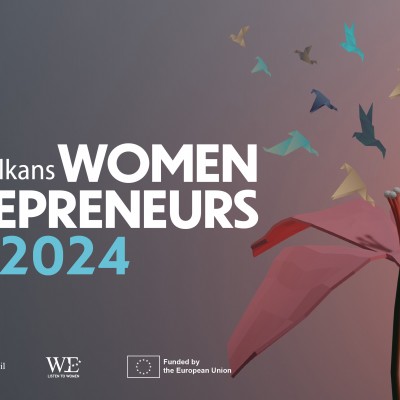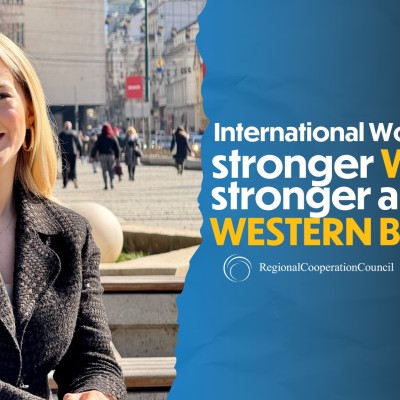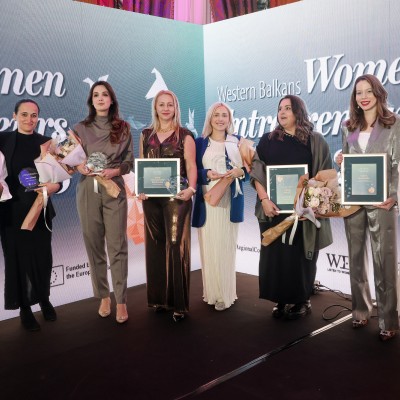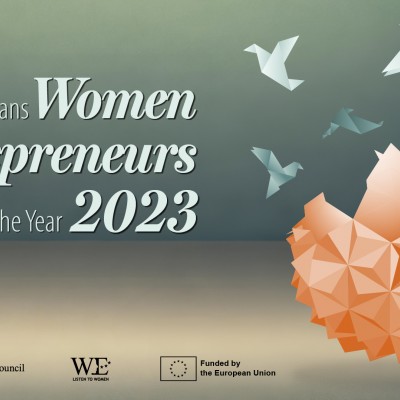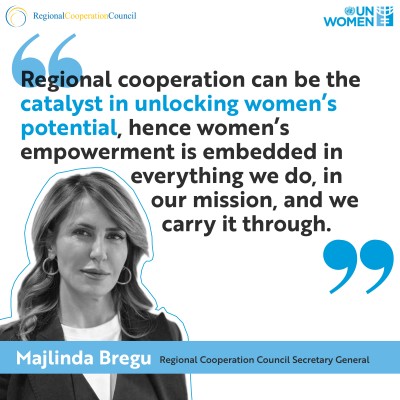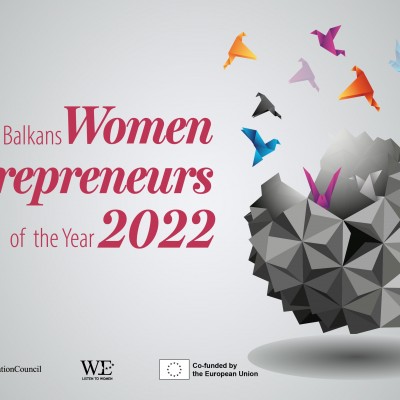RCC work in this area will be directed towards encouraging stronger women’s engagement, promoting women’s leadership in social and economic development, creating conditions for women’s employment and digital skills development and facilitating regional dialogue to devise targeted measures and initiatives, aimed at spurring economic growth and creating grounds for sustainable development.
RCC activities seek to support increased participation of women in business and labour markets across Western Balkan economies in line with the EU Gender Equality Strategy 2020-2025. Being a core value of the EU, the fundamental right and key principle of European Pillar of Social Rights, gender equality is considered not only to be an essential prerequisite for an innovative, competitive and thriving European economy but also part of the accession conditions for Western Balkan economies.
The global pandemic has only exacerbated pre-existing inequalities between women and men, highlighting precarious position women face while fighting pandemic’s socio-economic fallout. RCC activities will, therefore, focus on tackling the underlying, interconnected barriers that women face in business and access to labour markets in Western Balkans, including by undertaking a direct approach to help mitigate the existing skills gaps on the labour market. Considering the pace of technological developments and the evolution of necessary skills, robust Science, Technology, Engineering and Mathematics (STEM) education and upskilling efforts are considered a necessity for tapping into vast opportunities of digital entrepreneurship and innovation-driven communities.
With a view to advancing the role of women in STEM fields and strengthening women’s opportunities for economic empowerment, RCC will coordinate with relevant government and private sector stakeholders, academia, and partner organisations, ensuring their commitment to this agenda. In this respect, RCC will join forces with UNDP to facilitate, support and advocate for actions on gender equity in education, workplace and career growth.
Next steps
- Identify main obstacles and challenges to women gender disparity in the Western Balkans
- Map national policies related to gender disparity in STEM areas at the level of each Western Balkan economy and provide a regional overview of existing mechanisms and initiatives
- Explore potentials for regional actions in the area of women in STEM
- Explore opportunities for digital upskilling of women and girls towards innovation-driven society
- Identify strengths and weaknesses of national policies aimed at supporting women’s economic empowerment
- Expand the network of regional stakeholders and define key topics to be addressed within the framework of the Western Balkans Women Entrepreneurs Hub
- Continue awareness-raising activities and promotional campaign, showcasing women potentials in the region


